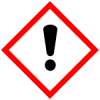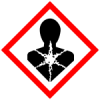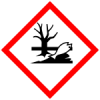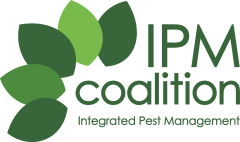Coalition status
Fairtrade Yellow
This list contains 110 pesticides. The list is valid as of January 2018.
Pesticides which are flagged as being hazardous and should be only used with…
GCP-Phase-Out 2026Use of pesticides in the Phase-out List are reduced through use of Integrated Pest Management and phased out by 2030, if feasible. This includes…
Details
Type: Pesticide
Use: Fungicide, Plant Growth Regulator
Example applications: Cereals including wheat, barley, oat, rye;Grapes;Peanuts;Vegetables including onions, peas, pepper;Bananas;Sugarcane
Example pests controlled: Smut;Bunt;Stripe rust;Yellow leaf spot;Powdery mildew;Scelerotinia rot;Black spot;Net blotch
Mode of action: Systemic with protective, curative and eradicant action. Disrupts membrane function. Sterol biosynthesis inhibitor.
Source: PPDB
Toxicty
Identifiers
GHS safety labels
About Globally Harmonized System of Classification and Labelling of Chemicals (GHS)
From Wikipedia: The Globally Harmonized System of Classification and Labelling of Chemicals (GHS) is an internationally agreed-upon standard managed by the United Nations that was set up to replace the assortment of hazardous material classification and labelling schemes previously used around the world. Core elements of the GHS include standardized hazard testing criteria, universal warning pictograms, and harmonized safety data sheets which provide users of dangerous goods with a host of information. The system acts as a complement to the UN Numbered system of regulated hazardous material transport. Implementation is managed through the UN Secretariat. Although adoption has taken time, as of 2017, the system has been enacted to significant extents in most major countries of the world.[1] This includes the European Union, which has implemented the United Nations' GHS into EU law as the CLP Regulation, and United States Occupational Safety and Health Administration standards.
- H302

Harmful if swallowed
Class: Acute Toxicity
Subclass: Oral - H361

Suspected of damaging fertility or the unborn child (state specific effect if known)(state route of exposure if it is conclusively proven that no other routes of exposure cause the hazard)
Class: Toxic to Reproduction - H400

Very toxic to aquatic life
Class: Aquatic
Subclass: Acute - H410

Very toxic to aquatic life with long lasting effects
Class: Aquatic
Subclass: Chronic
